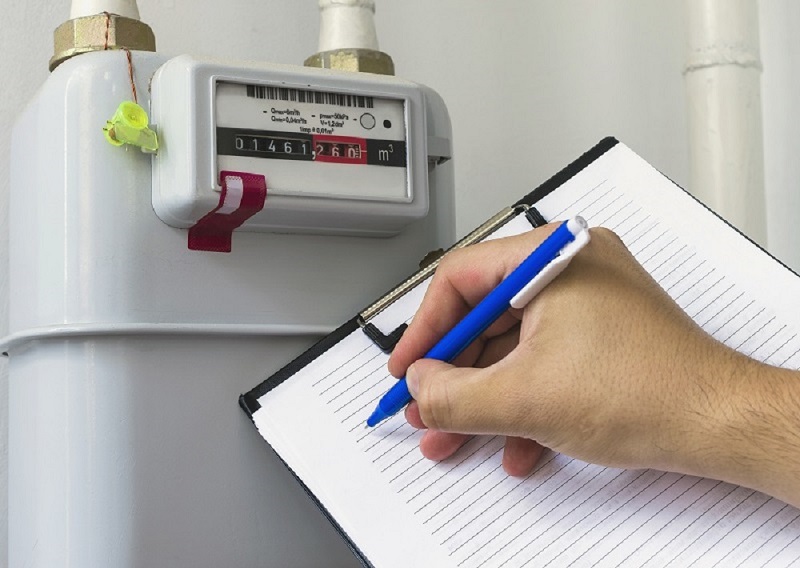On 6 August 2020, the BOE [Spanish State Gazette] published Royal Decree 736/2020, completing the transposition of Directive 2012/27/EU on Energy Efficiency, which makes individual consumption metering obligatory in buildings with community heating and refrigeration systems.
What does this new measure consist of?
The owners of new and existing buildings with centralised thermal installations built prior to 1998 that precede the publication of the RITE (Regulation of Thermal Installations in Buildings), when the obligation to distribute consumption in all new buildings was established, must install individual meters that measure the thermal energy consumption of each consumer, provided it is technically viable and economically profitable.
Exceptionally in the case of heating, when it is not technically possible to use individual meters, heat cost allocators must be installed.
The conversion calendar published in the BOE foresees a phased process (depending on climate zones and characteristics of properties); however, the deadline is 1 May 2023.
What are the benefits?
- Energy efficiency: reduces consumption and avoids energy waste.
- Environmental: 1.05-million tonne reduction of CO2 emissions annually (according to CONAIF).
- Financial saving: customers will only pay for what they consume, which allow them to save around 20-25% on their energy bills (according to ISTA).
- Better information: customers will have precise, reliable, clear and up-to-date information regarding their energy consumption.
- Comfort: allows customers to manage their own consumption and the temperature in their homes, guaranteeing the right levels of comfort their families.
- Safety: due to the checks and modernisation of installations, it will be possible to identify any faults in the system.
- Modernity: now is the ideal time to change to a more modern, practical and less polluting energy source with a continuous supply, such as natural gas.
- Business opportunities: potentially up to 1.5 million households.
- Job creation: it will help to create around 2,000–3,000 direct and indirect jobs (according to the Government).
Some points to bear in mind with the Royal Decree.
Although the measure has a nationwide impact with regard to community heating, buildings located in climate zones α, A and B are exempt from the obligation (Balearic Islands, Canary Islands, Almería, Cordoba, Seville, Alicante, etc.).
If there are no proven energy savings, homeowner associations will not be obliged to make unnecessary investments. Buildings where it would not be possible to recoup the investment within 4 years are also exempt. In order to determine the profitability of installations, the Spanish Ministry of Ecological Transition and the Demographic Challenge will make a technical application guide available, which will be published in the BOE. This guide will make it possible to identify whether installation is feasible.
If installation is not viable:
- The installation/maintenance company should issue a free certificate.
- The installation owners will have to present the documentation (Certificate and Statement of Responsibility) to the relevant body in their Autonomous Community.
If installation is viable:
- The installation owners, at the very least, will have to request a quote from an authorised installer, which should include certain technical and financial information.
- They should confirm the viability of the installation to the relevant body and, once confirmed, the homeowner association will have a period of up to 15 months to carry out the work.
- When the metering equipment installation work is finished, the installation company will provide the installation owners with a technical report.
Metering systems already installed on the date that the Royal Decree comes into force must allow for remote readings or be substituted with other systems which allow this before 1 January 2027. In the meantime, the Royal Decree must be fulfilled through a system of regular readings provided by the end user .
The Government has also taken into account other aspects. For this reason, thermal installations that are technically unworkable will be exempt, such as heating systems equipped with serial monotubes, fan convectors, fan heaters, etc.
Nonetheless, from the perspective of energy efficiency and the environment, it seems to be one of the best measures to come out in recent times, and the financial impact that will be felt by low-income families cannot be ignored. In these cases, the Government will make funding available to help vulnerable families.
Other local incentives to promote energy efficiency.
On Monday, 7 September, Madrid City Council opened the application period for the Plan Rehabilita 2020, which will last for two months.
Rehabilita 2020 promotes energy efficiency, which includes work to insulate façades, replace community boilers or install green roofs and charging points for electric vehicles. All neighbourhoods in Madrid and buildings built before 1996 are included.
Nedgia is actively collaborating to ensure the objectives of the Royal Decree are met.
Nedgia is making various offers available to customers with grants of over 200 euros. It is an important commercial springboard for partner companies and a great help to new customers interested in enjoying natural gas. For more information about the offers, click here.
Here are some useful links:
Do you still have questions?
Contact your trade union. They have experts in regulations and technical standards that will be able to clarify all your doubts.







